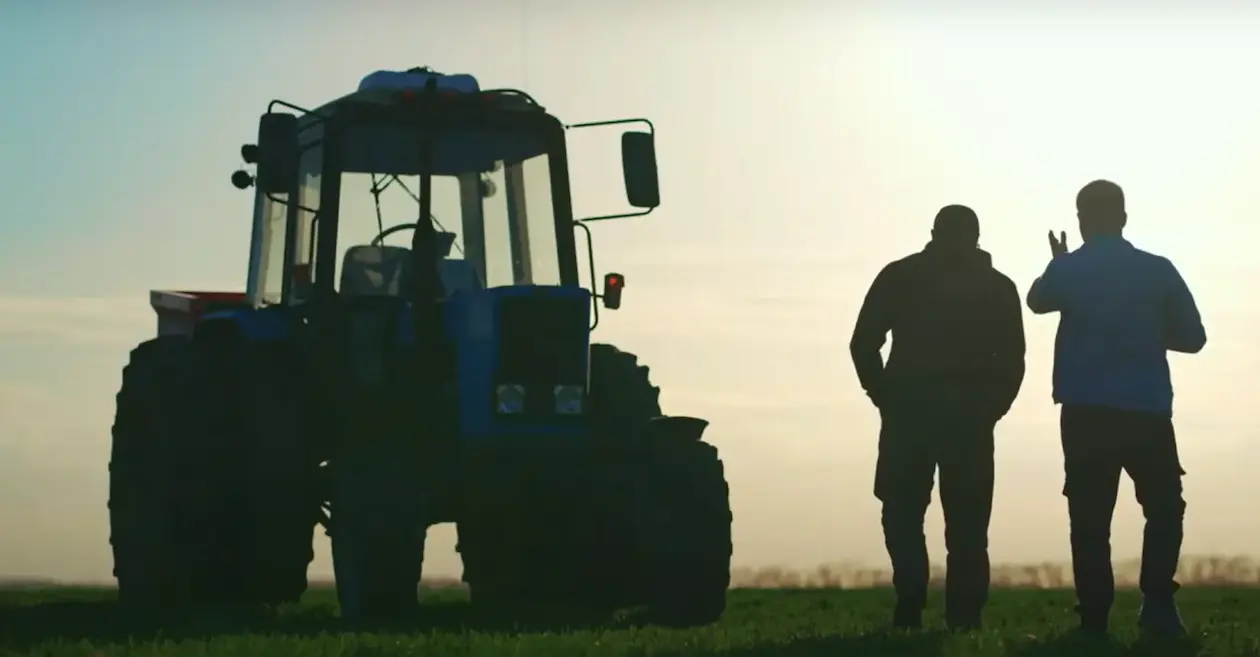
In 2025, Bill Gates owns over 275,000 acres of U.S. farmland, making him the largest private farmland owner in America
The Billionaire Farmer: Gates Quiet Land Grab
In a world where billionaires race to space or build AI empires, Bill Gates has taken a different route, straight into the heartland of America. As of 2025, the Microsoft co-founder owns over 275,000 acres of farmland across 17 U.S. states, making him the largest private farmland owner in the country. Much of this land is dedicated to staple crops like soyabeans, corn, and potatoes, far removed from the digital world that made him a household name.
Table of Contents
Bill Gates’ farmland portfolio includes massive acquisitions in Louisiana (69,000+ acres), Arkansas (47,000+ acres), and Nebraska (20,000+ acres), among others. These purchases, often made through shell companies and investment firms, have been quietly accumulating since 2017. The scale is staggering: his holdings now surpass the size of entire cities and rival the land owned by some U.S. states.
So why is one of the world’s richest men investing in dirt? According to Gates, it’s not about control or conspiracy. In a 2023 Reddit AMA, he stated, “I own less than 1/4000 of U.S. farmland. These investments are designed to increase productivity and create jobs. There’s no grand scheme involved.”
Seeds of Controversy: Power, Food, and Speculation
Despite Bill Gates’ reassurances, his agricultural empire has sparked intense public debate. Critics argue that such concentrated land ownership by a single billionaire raises ethical and economic concerns. In an era of rising food insecurity, climate change, and shrinking farmland, Gates’ holdings have become a lightning rod for speculation.
Some fear that Gates could influence food supply chains, dictate crop choices, or even manipulate agricultural markets. Others worry about the gentrification of rural America, where local farmers are priced out by corporate and billionaire buyers. The optics of a tech mogul owning vast swaths of farmland while preaching sustainability have not gone unnoticed.
Conspiracy theories have also flourished. From claims that Bill Gates wants to control the food system to accusations of using farmland for experimental biotech, the narrative has often veered into the sensational. Yet, the facts remain: Gates’ land is managed by professional investment teams, and much of it is leased to local farmers.
Still, the symbolism is powerful. In a time when land is becoming scarcer and more valuable, Gates’ pivot from software to soyabeans reflects a broader shift in how wealth is wielded and where the next frontier of influence lies.
Farming the Future: Sustainability or Strategic Capitalism?
Gates has long championed climate-smart agriculture, investing in technologies that promise higher yields with lower environmental impact. His foundation has supported research into drought-resistant crops, regenerative farming, and carbon sequestration. In that context, owning farmland could be seen as a natural extension of his philanthropic and environmental goals.
But there’s also a strategic financial logic. Farmland is a stable, appreciating asset that offers inflation protection and long-term returns. With global food demand projected to rise by 50% by 2050, owning the land that feeds the world is not just noble, it’s lucrative.
Moreover, Gates’ investments align with a growing trend among ultra-wealthy individuals and institutional investors. Farmland is the new frontier of wealth preservation, and Gates is simply ahead of the curve. Real estate investment trusts (REITs) like Farmland Partners and Gladstone Land Corp. are already capitalizing on this shift.
Whether driven by altruism, capitalism, or a mix of both, Gates’ agricultural empire is reshaping the landscape, literally and figuratively. It challenges us to rethink who owns the land, who grows our food, and what power looks like in the 21st century.
Conclusion:
Bill Gates’ transformation from tech titan to farmland baron is more than a quirky billionaire pivot, it’s a seismic shift in how influence is cultivated. As soyabean fields stretch across his 275,000-acre empire, the world watches with curiosity, concern, and a growing awareness that the future of food may be written not just in code, but in soil.
Stay updated with the latest news on Rapido Updates. Keep yourself updated with The World, India News, Entertainment, Market, Automobile, Gadgets, Sports, and many more